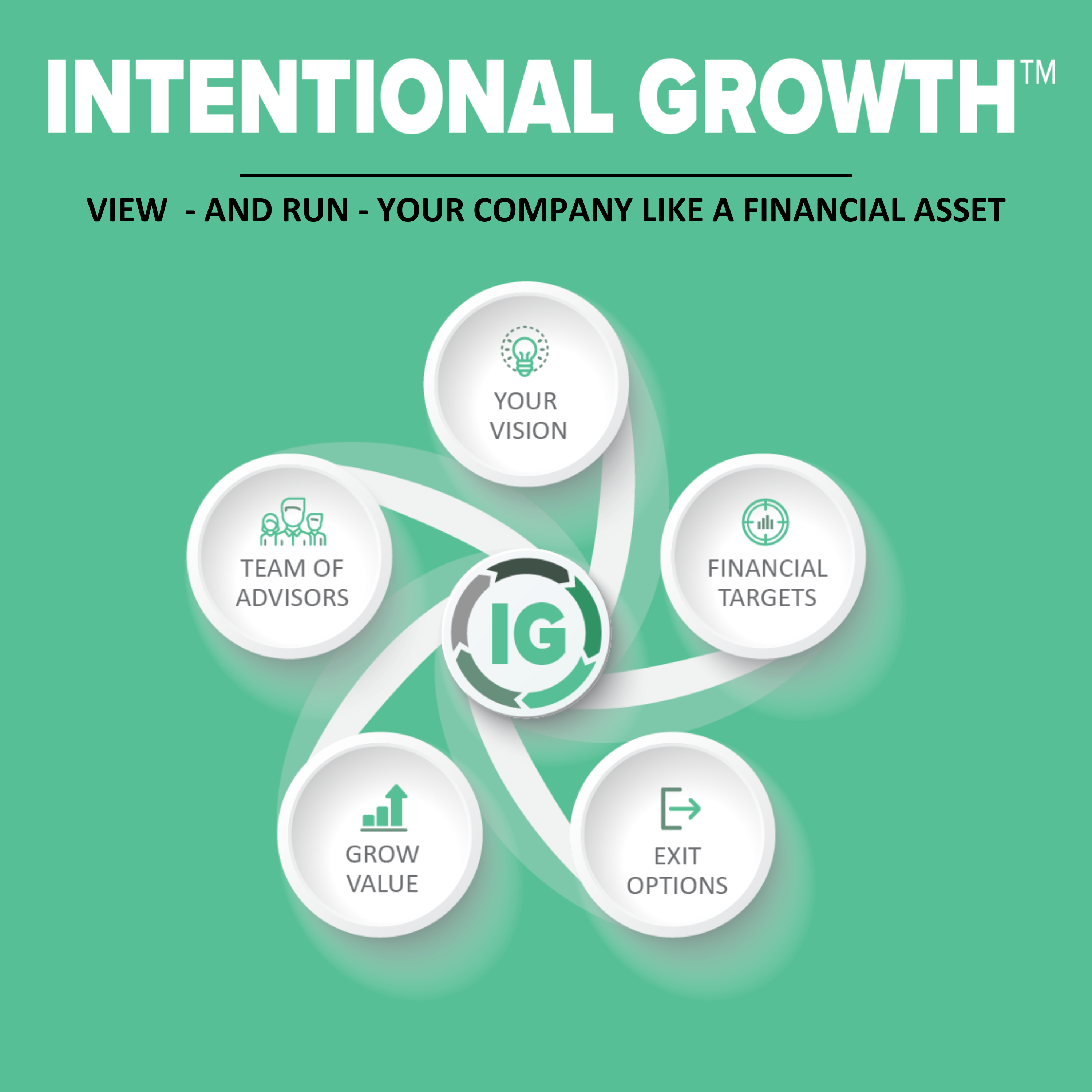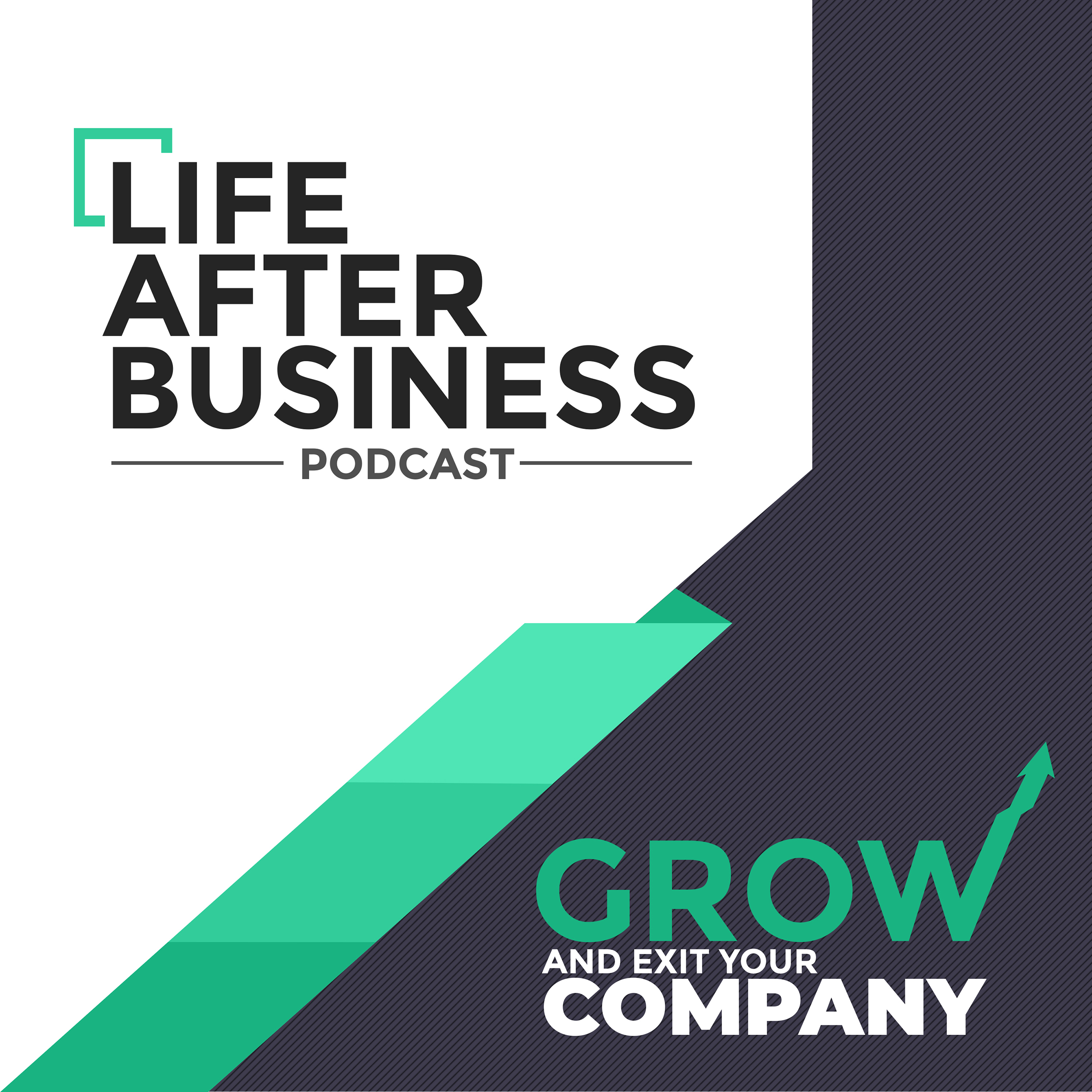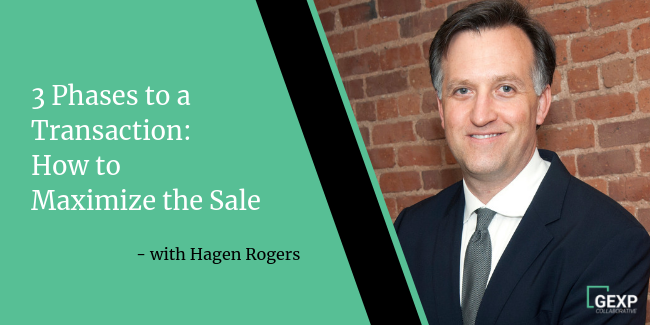Bob Moesta, current President and Cofounder of The ReWired Group, created the Jobs To Be Done Theory along with Harvard Business School Professor Clayton Christensen. The theory has successfully helped Moesta start, build, and sell several startups and launch over 3,500 products over the years. It is the main method used in his current occupation which helps business owners reevaluate their companies and drives them to really understand their customer to be a more profitable and valuable company.
From an early age, Bob Moesta always had a notion of questioning and wanting to know how things work. He always took apart things and put them back together. Because of his dyslexia, it made it hard for him to read and write but he learned by questioning and listening.
He took this way of learning and his knack for product development and created the Jobs to Be Done Theory which is described in the book “Competing Against Luck” written by Clay Christiansen.
“People don’t buy products or services, they hire them to do a job in their life,” Moesta explains in the podcast. When you ask people what they want out of a product or service, they usually have no clue. They know what their desired outcome is which is what a company must understand to be able to sell to them.
Moesta goes into a business and intently interviews new, current, or previous customers about the company’s product or service. His goal is to find out what actually made them switch to or away from the product. What caused them to buy or choose a different product? What was their struggling moment that caused them to make progress? The Jobs to Be Done framework allows you to see the struggling moment leading to the customer’s purchase.
After multiple customer interviews, business owners should be able to have an idea of what they should be focusing their business or messaging on. Some businesses need to completely reevaluate how they bring their products or services to market and may have to change their focus entirely.
“You can sit in a conference room all day and guess what people will say,” says Moesta. Actually understanding why a customer purchases your product or service will help you position the product in a way that makes the consumer see you as a solution rather than just another product.
“The moment that a customer or consumer struggles, they care about something and want something better. The more you find struggling moments and understand the progress they want to make, then you can design better products,” says Moesta.
You have to understand what causes people to value something over something else. This knowledge will not only make better products and drive revenue, but can help cut costs of marketing to the wrong people or in the wrong way.
Bob’s main reason for doing what he does it to ultimately create value for companies. Bob and his team help businesses grow by understanding what their customers need in order to progress into a sale. The customer interviews conducted may result in a company having to change their offering or positioning. A company grows by selling actual solutions people need and in turn the value of the business also grows.
Business owners, like consumers, have to define what progress is to them. Progress looks different for everyone. There are many different struggling moments or reasons people buy (or don’t buy) products. The same can be said for progress in “Life After Business” as well. What is the reason you sell and keep on living your life?
Progress for a consumer may be to buy a product that solves the issue they are having in their life at the current moment allowing them to free up time or be more confident in what they are doing. Progress in life after business is not just getting a sum of money for your business. That may be the goal but what pushes you toward or past the goal? What is the thing that will make you move forward in life?
Bob questions, “What is your metric for how you fulfill your life? What does progress look like at 70?” What do you need or want out of your business that will make your life better after the sale? What is the thing that will make you be OK with the sale and continue to move forward in life in a way that makes you happy, proud, or content? What will make it all worth it?
LinkedIn: https://www.linkedin.com/in/bobmoesta/
Twitter: @bmoesta
Company Website: http://www.therewiredgroup.com/
Jobs To Be Done Facebook: https://www.facebook.com/jobstobedone/
Jobs To Be Done Blog: http://www.jobstobedone.org/
Jobs To Be Done Podcast: https://itunes.apple.com/us/podcast/id499859427
Competing Against Luck (book purchase): https://www.amazon.com/Competing-Against-Luck-Innovation-Customer/dp/0062435612/
Entrepreneurs and enterprise leaders alike recognize the importance of innovation, but few harness it effectively. Bob Moesta helps make it more predictable and successful.
Among the principal architects of the Jobs to be Done theory in the mid-90s along with Harvard Business School Professor Clayton Christensen, Moesta has continued to develop, advance and apply the innovation framework to everyday business challenges. Currently president & cofounder of The ReWired Group, a Detroit, Mich., Innovation consultancy & incubator, he is also a fellow at the Clayton Christensen Institute.
A visual thinker, teacher and creator, Moesta has worked on & helped launch more than 3,500 new products, services and businesses across nearly every industry, including defense, automotive, software, financial services and education, among many others. The Jobs to be Done theory is just one of 25 different methods and tools he uses to speed up and cut costs of successful development projects. He is a guest lecturer at The Harvard Business School, MIT Sloan School of Entrepreneurship and Northwestern University’s Kellogg School of Management.
Moesta is an entrepreneur at heart and engineer & designer by training. He has started, built and sold several startups. Moesta started out as an intern for Dr. W. Edwards Deming father of the quality revolution & worked with Dr. Genichi Taguchi extensively. He traveled to Japan & learned first-hand many of the lean product development methods for which so many Japanese businesses, including Toyota, are known.
A lifetime learner, he holds degrees from Michigan State University and Harvard Business School. He has studied extensively at Boston University’s School of Management, M IT School of Engineering and Stanford University’s “D” School.

Camille is the former president and CEO of Gongos, Inc., a company focused on empowering organizations through human insights. Today, Camille will be sharing...

Today I am joined by Dave Kauppi, an investment banker with MidMarket Capital. We discuss the technology/software industry and what makes it different than...

The executive managing director of Watermark Advisors, Hagen Rogers tells me about his approach to M&A (mergers and acquisitions) counseling. He discusses the common...